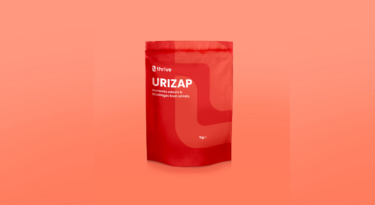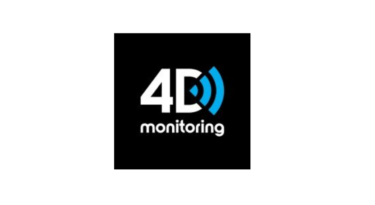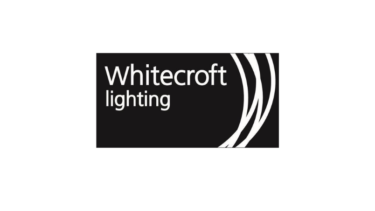Thrive – A revolutionary solution that resolves and prevents urinal odours and blockages.


Unlike traditional cleaners, URIZAP’s patented formula tackles the root cause of urinal odours and blockages, not just the symptoms.
This revolutionary solution prevents build-up, enhances washroom hygiene, and reduces flush frequency — cutting maintenance costs and water usage for a more sustainable, hassle-free solution. Current treatments rely on a cocktail of bleaches, descalers, enzymes, disinfectants and urinal pods or mats – or, especially in waterless urinals, pipework replacement, while air fresheners are used to mask lingering odours. Current solutions mask the issue, failing to completely remove the uric scale build-up.
In a unique development specifically designed to solve this issue, Thrive designed and produced URIZAP, a highly effective environmentally friendly bacterial treatment embodying safe purpose-specific elements that digest, and prevent the build-up, of uric acid scale, eliminating odours in the process.
Benefits
- Eliminates odours
- Removes and prevents blockages
- Non-corrosive
- Reduces maintenance costs
- Unlock water and carbon savings
- Reduces single-use plastic and harsh chemicals
Get in touch with our Innovation Partner
Simply fill in the form below and we’ll get right back to you.




